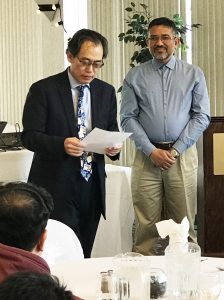
The ICC Annual Retreat was held on April 20, 2018. Min Song presented ICC Achievement Awards to five researchers – one from each center – for their outstanding research and honorable contributions to the ICC in 2017-2018. Congratulations to this year’s recipients: Laura Brown (DataS), Yu Cai (CyberS), Keith Vertanen (HCC), Zhaohui Wang (CPS), and Zhenlin Wang (SAS). In addition to the award presentation and dinner, ICC Distinguished Lecturer Indrajit Ray presented his lecture, “APTRON – Active Perception for adapTive Response in cOmplex Networks”.
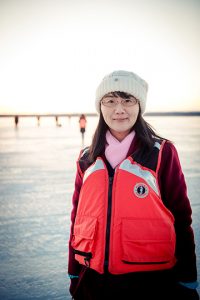


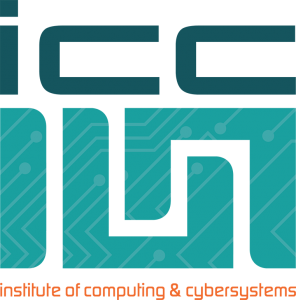 The ICC hosted its first TechTalk on February 16. Each presenter had 2-5 minutes to present his or her research using under five slides. This TechTalk was also a platform for researchers submitting proposals for the Paul Williams Seed Grant Competition. Eight researchers discussed their proposals for the competition that awards two $50K grants to the project that best fulfills the mission of the ICC and shows the most promise for future funding. Topics discussed include exascale computing, marine mobile networking, effective clustering algorithms, cybersecurity, on-body sensing, and the IOT implementation. The winners will be announced by February 23, 2018.
The ICC hosted its first TechTalk on February 16. Each presenter had 2-5 minutes to present his or her research using under five slides. This TechTalk was also a platform for researchers submitting proposals for the Paul Williams Seed Grant Competition. Eight researchers discussed their proposals for the competition that awards two $50K grants to the project that best fulfills the mission of the ICC and shows the most promise for future funding. Topics discussed include exascale computing, marine mobile networking, effective clustering algorithms, cybersecurity, on-body sensing, and the IOT implementation. The winners will be announced by February 23, 2018.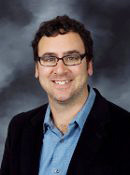 Tim Havens, ICC Associate Director and Director of the
Tim Havens, ICC Associate Director and Director of the 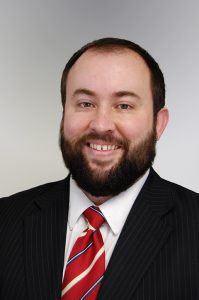

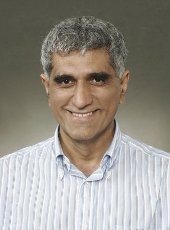
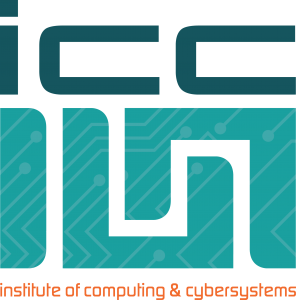 Philart Jeon
Philart Jeon